Did you know that by consolidating shipments, companies can save up to 20% on transportation costs? This remarkable fact highlights just one of the many advantages of this approach.
Freight consolidation is not just a cost-cutting measure; it’s a game-changer for businesses aiming to streamline their operations and improve their supply chain. By combining multiple smaller shipments into a single, larger one, companies can optimize container usage, reduce handling times, and speed up delivery. This method not only slashes shipping expenses but also significantly lowers the risk of damage to goods during transit.
Imagine a scenario where your products reach the market faster, in pristine condition, and at a lower cost—sounds ideal, right? That’s the power of freight consolidation. It’s a strategic move that not only boosts your bottom line but also improves customer satisfaction by ensuring timely and intact deliveries.
In this blog, we’ll dive into what freight consolidation entails and explore the myriad benefits it offers. Whether you’re a small business looking to scale or a large corporation aiming to optimize logistics, understanding freight consolidation can give you a competitive edge in today’s fast-paced market. Join us as we unpack this crucial logistics strategy and uncover how it can transform your shipping operations.
What is Freight Consolidation?
Freight consolidation, also known as cargo consolidation, is a logistics strategy where smaller shipments from multiple shippers are combined into a single larger shipment. This method is particularly useful for businesses that do not have enough goods to fill an entire container or truck. By consolidating these smaller shipments, companies can optimize space usage, reduce shipping costs, and improve overall efficiency in the supply chain.
In practice, freight consolidation involves collecting individual shipments from various shippers, grouping them based on their destination, and transporting them together as one consolidated load. This approach can be applied to different modes of transportation, including ocean freight, air freight, and road transport. Consolidation centers or warehouses play a crucial role in this process, serving as the hubs where shipments are aggregated and prepared for transport.
LCL vs. FCL
When it comes to international shipping, two common terms are frequently used: Less-than-Container Load (LCL) and Full Container Load (FCL). Understanding the differences between these two shipping methods is essential for businesses to make informed decisions about their logistics strategies.
Less-than-Container Load (LCL)
LCL is a shipping method where multiple shippers share space within the same container. This is an ideal option for businesses with smaller quantities of goods that do not require an entire container. LCL shipments are consolidated at a warehouse, where goods from different shippers are combined into one container. Once the container reaches its destination, it is deconsolidated, and individual shipments are delivered to their respective recipients.
Advantages of LCL:
- Cost-Effective for Small Shipments: LCL allows businesses to share the cost of shipping with other shippers, making it a cost-effective option for small shipments.
- Flexibility: LCL provides flexibility in shipping smaller quantities of goods without the need to wait until there is enough cargo to fill an entire container.
Full Container Load (FCL)
FCL, on the other hand, refers to a shipping method where a single shipper’s goods occupy an entire container. This is the preferred option for businesses that have large quantities of goods to ship, allowing them to use the entire container space without sharing it with other shippers. FCL shipments are loaded at the shipper’s facility, transported directly to the destination, and unloaded at the recipient’s facility.
Advantages of FCL:
- Faster Transit Times: FCL shipments typically have shorter transit times since they do not require consolidation and deconsolidation processes.
- Reduced Risk of Damage: Goods are handled less frequently in FCL shipments, reducing the risk of damage.
Benefits of Freight Consolidation
Freight consolidation offers a range of benefits that can significantly impact a business’s logistics and supply chain operations. By understanding these advantages, companies can make informed decisions about incorporating consolidation strategies into their shipping practices.
Cost Savings
One of the most significant benefits of freight consolidation is cost savings. By combining multiple smaller shipments into one larger shipment, businesses can share transportation costs with other shippers. This leads to lower shipping rates and reduced overall logistics expenses. Several factors contribute to these cost savings:
- Optimized Space Useage: Consolidating shipments maximizes the use of container or truck space, reducing the need for partially filled containers and minimizing wasted space.
- Economies of Scale: Larger shipments benefit from economies of scale, as transportation costs per unit of cargo decrease with increased volume.
- Reduced Handling Costs: Consolidation reduces the number of handling points in the supply chain, lowering the risk of damage and associated handling costs.
For example, a company shipping small quantities of goods frequently may find that consolidating shipments into a weekly or bi-weekly larger shipment can significantly reduce per-unit shipping costs. This approach not only saves money but also simplifies logistics management.
Reduced Chance of Damages
Another crucial benefit of freight consolidation is the reduced chance of damages to goods during transit. Consolidation minimizes the handling of individual shipments, which is a common cause of damage. The fewer times goods are handled, the lower the risk of mishandling, dropping, or exposure to adverse conditions.
- Less Handling: Consolidated shipments are loaded and unloaded fewer times compared to individual shipments, reducing the risk of damage during transfer between different modes of transportation or at various handling points.
- Secure Packaging: Goods are often securely packed and stowed within a consolidated container, providing additional protection against shifting and movement during transit.
- Professional Handling: Freight consolidation centers typically employ experienced professionals who are skilled in handling and packaging goods to minimize damage risks.
For businesses dealing with fragile or high-value items, reducing the risk of damage is a significant advantage that can lead to fewer claims, improved customer satisfaction, and improved brand reputation.
Speed to Market
Freight consolidation can also improve a company’s speed to market. By optimizing transportation routes and schedules, businesses can reduce lead times and ensure faster delivery of goods to their customers. This is particularly important in today’s fast-paced and competitive market environment.
- Efficient Routing: Consolidation centers strategically plan routes to optimize delivery times, reducing transit durations and improving overall efficiency.
- Frequent Departures: With consolidated shipments, businesses can take advantage of more frequent departures, ensuring that goods are shipped as soon as possible rather than waiting to fill an entire container.
- Streamlined Customs Processes: Consolidated shipments often benefit from streamlined customs processes, reducing delays at border crossings and ports.
Contact Morning Start Transport | Freight Consolidation Seattle, WA
Freight consolidation is a powerful logistics strategy that offers numerous benefits, including cost savings, reduced chance of damages, and improved speed to market. By understanding the differences between LCL and FCL shipping, businesses can make informed decisions that align with their specific needs and goals.
Morning Start Transport in Seattle, WA, stands out as a reliable provider of freight consolidation services, offering expertise, customized solutions, advanced technology, and a commitment to sustainability. By partnering with Morning Start Transport, businesses can optimize their supply chain operations, improve efficiency, and achieve greater success.
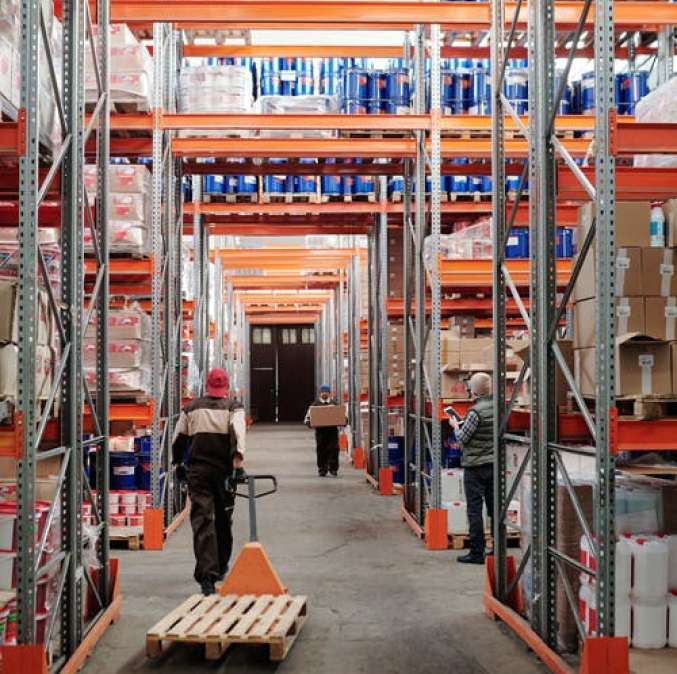
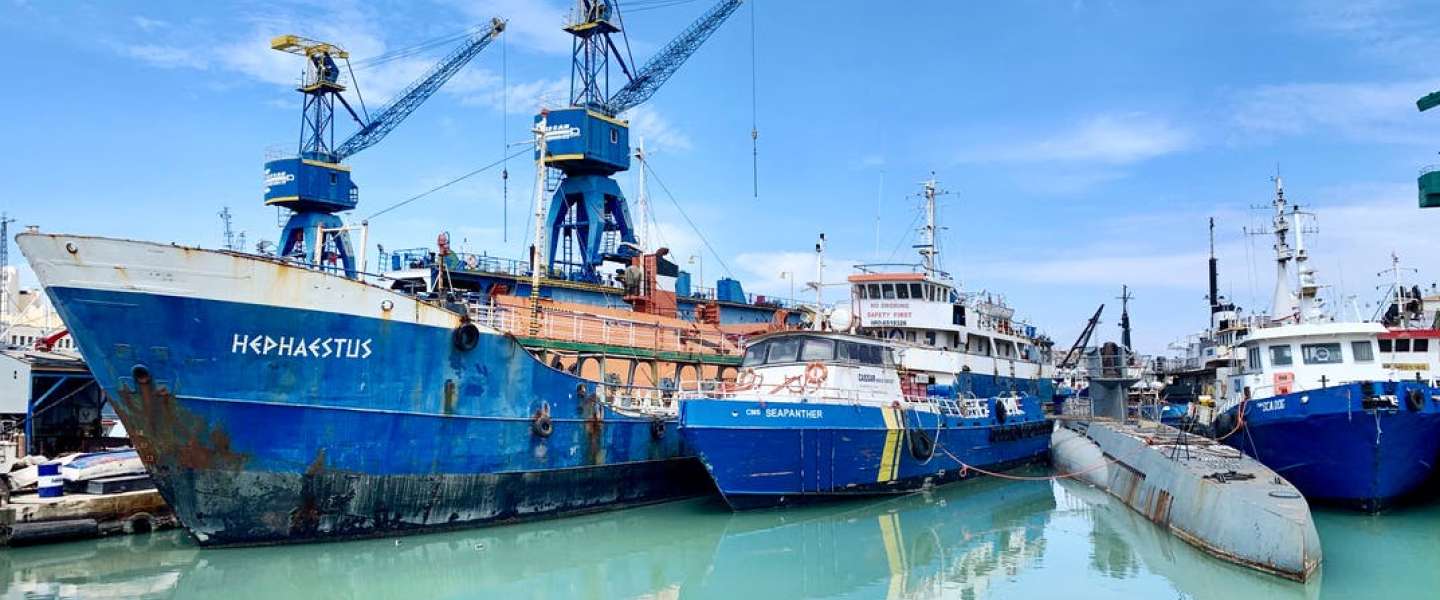
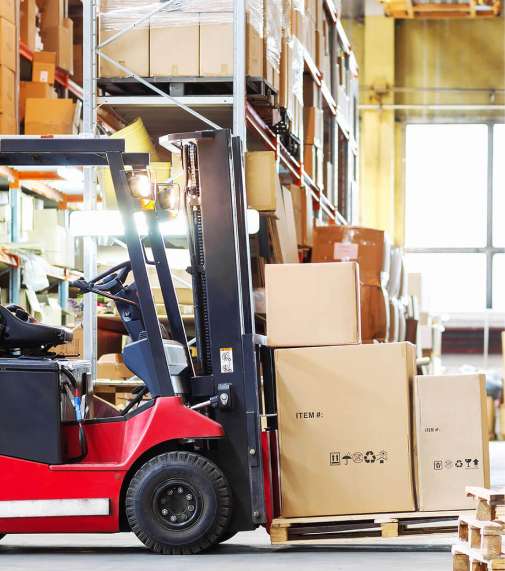
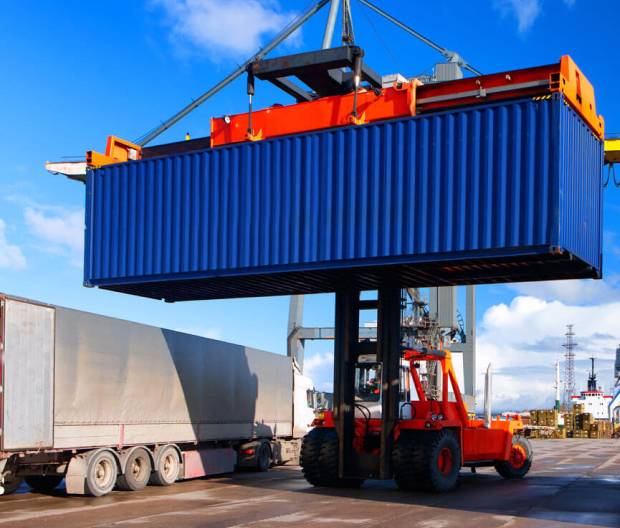

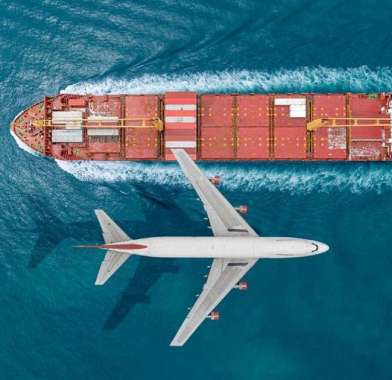
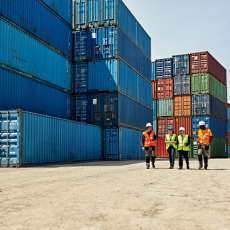

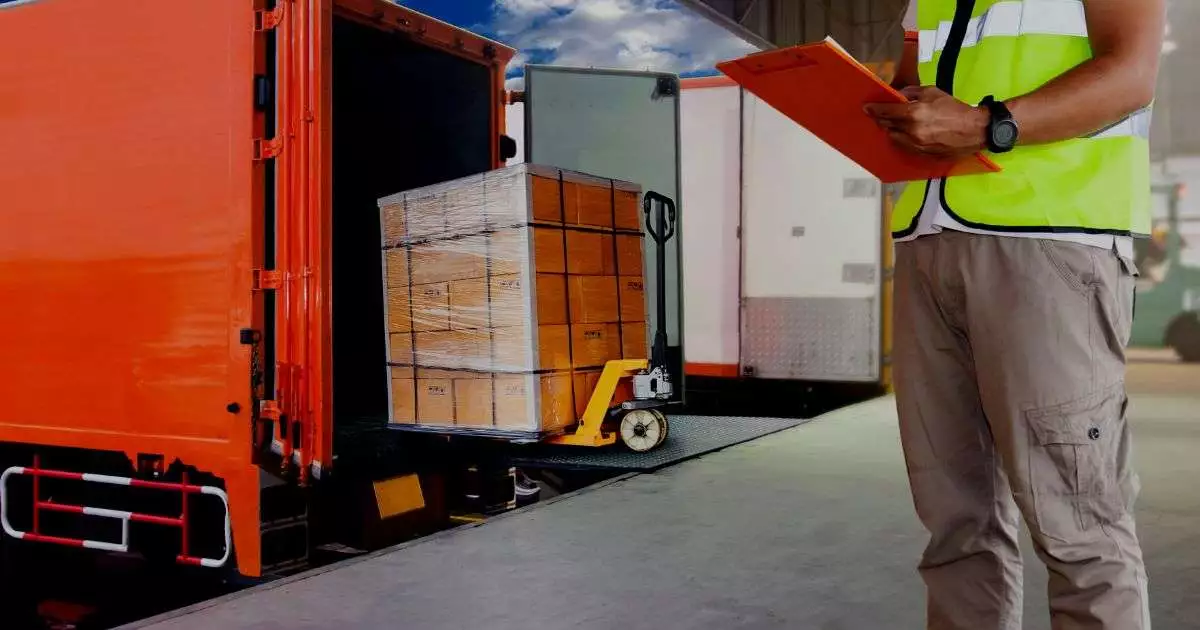
 iMedPages
iMedPages